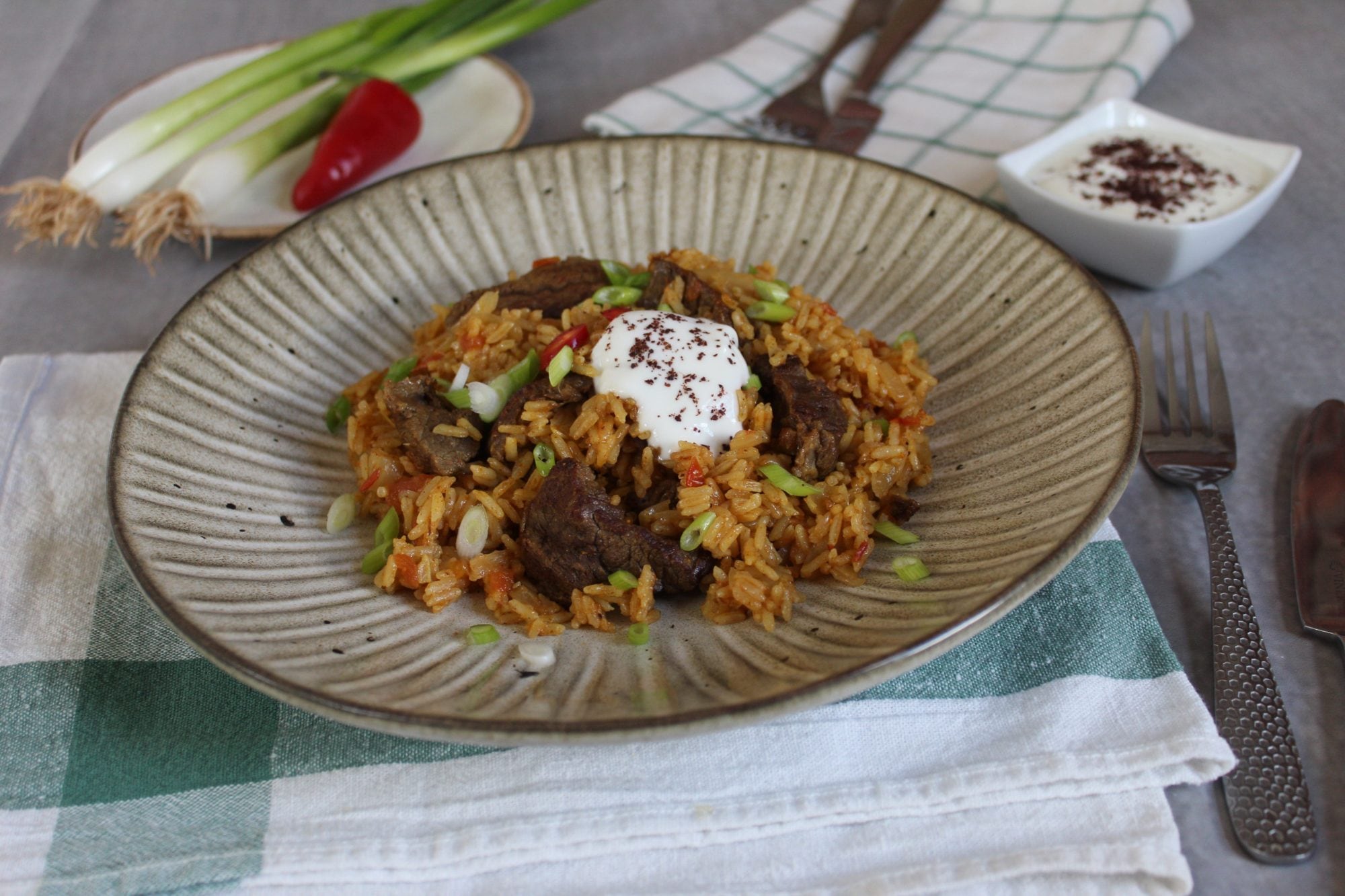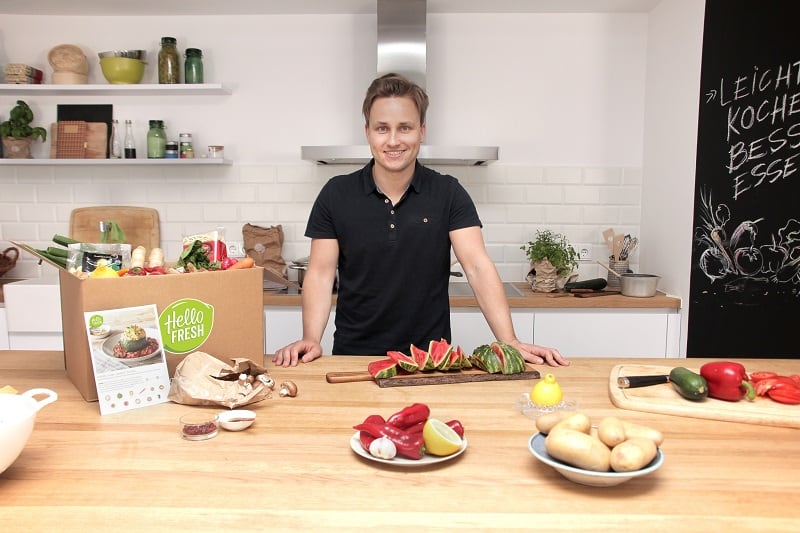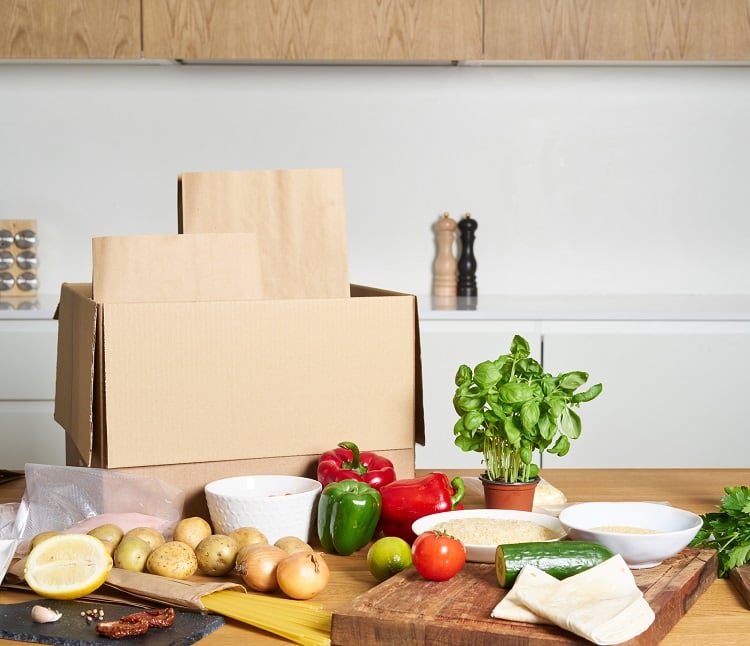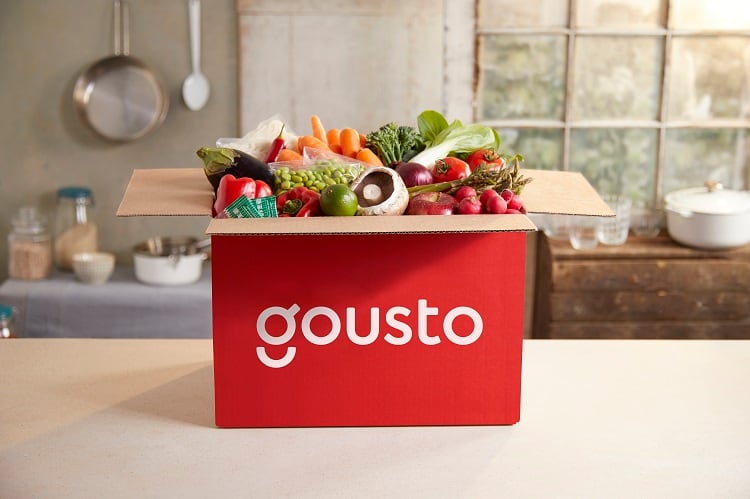London-based Saima Duhare launched recipe box start-up Halal Fresh in April 2019. Close to 18 months on, and the ‘one woman band’ business is thriving.
Unlike other meal kit operators benefiting from a ‘recipe box boom’ during lockdown – such as Gousto, Mindful Chef, and Pasta Evangelists – Halal Fresh is targeting a very specific market: London’s Muslim community.
“There wasn’t a recipe box company that catered to the Muslim community,” Duhare recalled. Halal Fresh, she told FoodNavigator, is working to fill that gap.
Hungry for halal
The UK halal food sector is on the rise. According to the Agriculture and Horticulture Development Board (AHDB), spend in the UK halal food and beverage industry reached an estimated £4.64bn in 2016 - translating to 8% of the UK’s total food and drink spend.
Concerning meat alone, AHDB estimates the halal market to be worth around £2.6bn a year, with Muslims consuming around 20% of all lamb sold in the country.
As Muslim populations grow, so too does demand for halal food products. As it stands, the UK is home to more than three million Muslims – a figure the Pew Research Centre predicts will triple by 2050, rising to 13m.
Halal Fresh’s response is a non-subscription recipe box for Muslims, with all meat and poultry used in the recipes sourced from Halal Monitoring Committee (HMC) certified suppliers.
“It is important to us that we are ethical and responsible in the way we source our ingredients and that they are of the highest quality,” noted the start-up.
“All of our suppliers are chosen carefully [and] adhere to the highest ethical code, standards, and sustainability. Our meat is from UK-based farmers that are 100% Halal Certified by the HMC.”
Halal, not taste, is king
Despite being called Halal Fresh, Duhare said the first question asked by customers is: ‘Are you HMC certified?’
How the animal is slaughtered is the most important factor, she explained, even more important than how her recipes taste.
To achieve HMC certification, suppliers must meet the not-for-profit’s Slaughter Criteria. This means that the animal must be alive at the point of slaughter, and no stunning, gassing, or mechanical slaughter is permitted.
Each animal must be despatched by a trained slaughterer, the knife used must be sharp prior to incision, each animal must be blessed at the time of slaughter, and production must be supervised by trained HMC personnel.
In the interest of clarity, Duhare ensures all her suppliers are listed on the Halal Fresh website: “I’m very transparent, [food operators today] have to be transparent.”
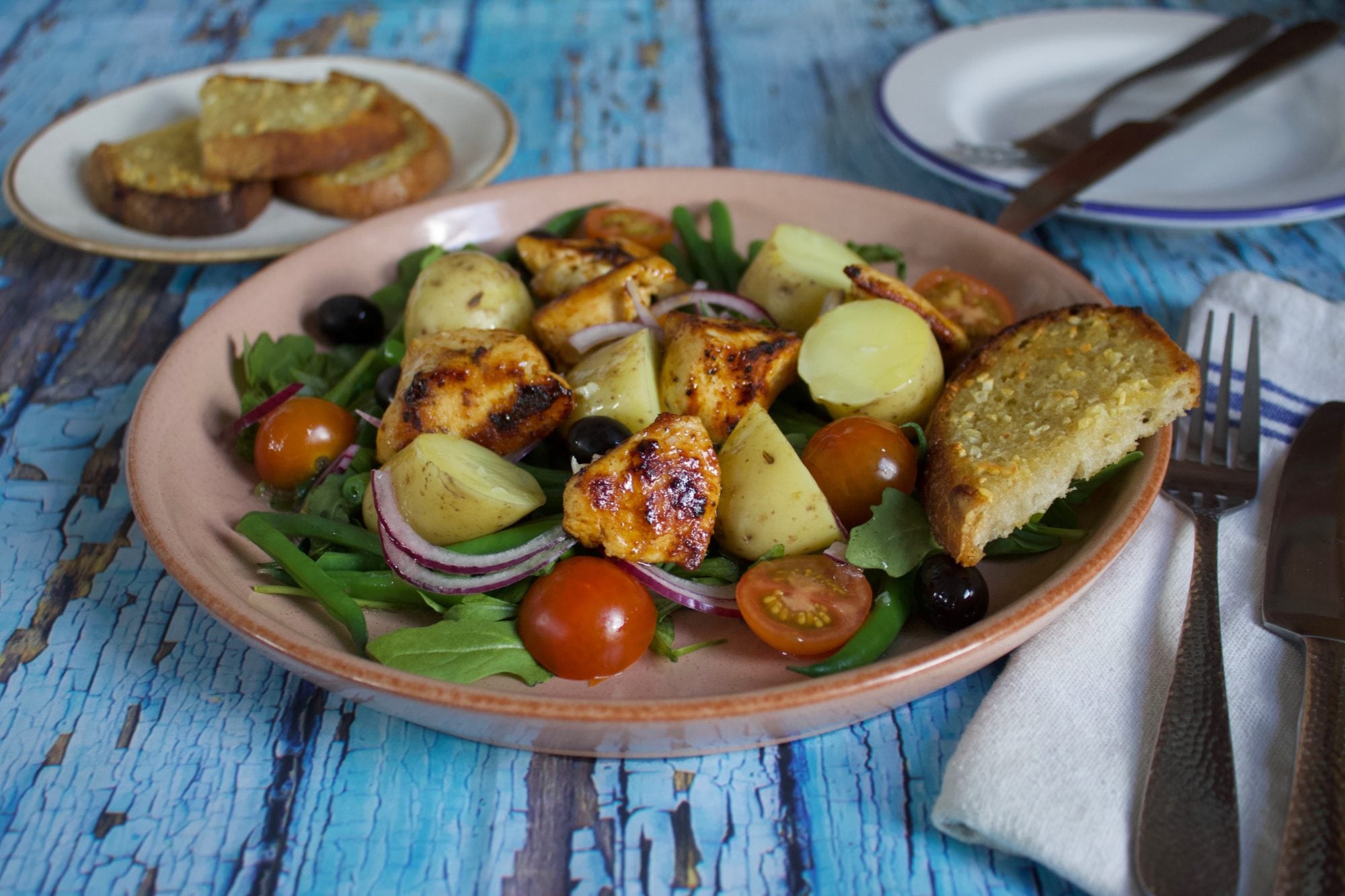
Looking beyond Asian cuisine
If halal certification is the more important factor, then taste follows in second place, Duhare explained.
With Halal Fresh, the founder aims to share her love of versatility in the kitchen with Muslim audiences. “The idea behind it was to increase our eating repertoire…and not always cook Asian food.”
Duhare herself is of Pakistani heritage, and notes that her community tends to cook ‘signature dishes’ from Asian cuisine. Here, she saw an opportunity for change. “We rarely branch out, and if we do, it is with something familiar such as pasta,” we were told.
Halal Fresh’s recipes look to a variety of cuisines for inspiration, but Duhare is careful to add her signature ‘twist’ to each dish. “If it’s an Italian chicken pasta bake, it won’t just be a pasta bake. There will be some kind of spice in it to give an extra kick.”
Pakistani, Thai, Mexican, and Indian spices are also commonplace in her dishes, which could include her take on a classic chicken caesar salad (with roquette instead of cos), or a beef stirfy infused with Thai spices.
“I want to extend [my interest in experimenting with spices and condiments] to our community. We like spicy food, whether it’s mild, hot, or extra hot. So other [competitor] boxes wouldn’t have worked.”
‘Bigger demand than I had anticipated’
FoodNavigator asked Duhare what kind of effect the coronavirus pandemic has had on the business. “Fortunately, COVID-19 hasn’t negatively impacted the company. If anything, it has helped the business,” we were told.
“Isolation is helping to bring more awareness to my brand, and using social media platforms such as LinkedIn, Facebook and Instagram has helped me reach out to new audiences.”
In fact, the halal market is benefiting from an ‘absolute boom right now’, and ‘even more so since COVID’, the founder continued. “Whether it’s a recipe box or takeaway spike, so many restaurants either now serve halal, or are looking to serve halal because it’s massive.” If they don’t, they are missing out, she elaborated.
Indeed, the demand is bigger than the founder had anticipated. “There is a huge Muslim community in the UK and a massive movement [is underway] to bring halal popups and food festivals [to the city].”
Her key to success? Understanding Halal Fresh’s audiences, said Duhare. “There are different types of Muslims, whether that be black Muslim, Chinese Muslim, or Indian Muslim. If you’re going to cater for all of [those preferences], you really need to understand your market.”


